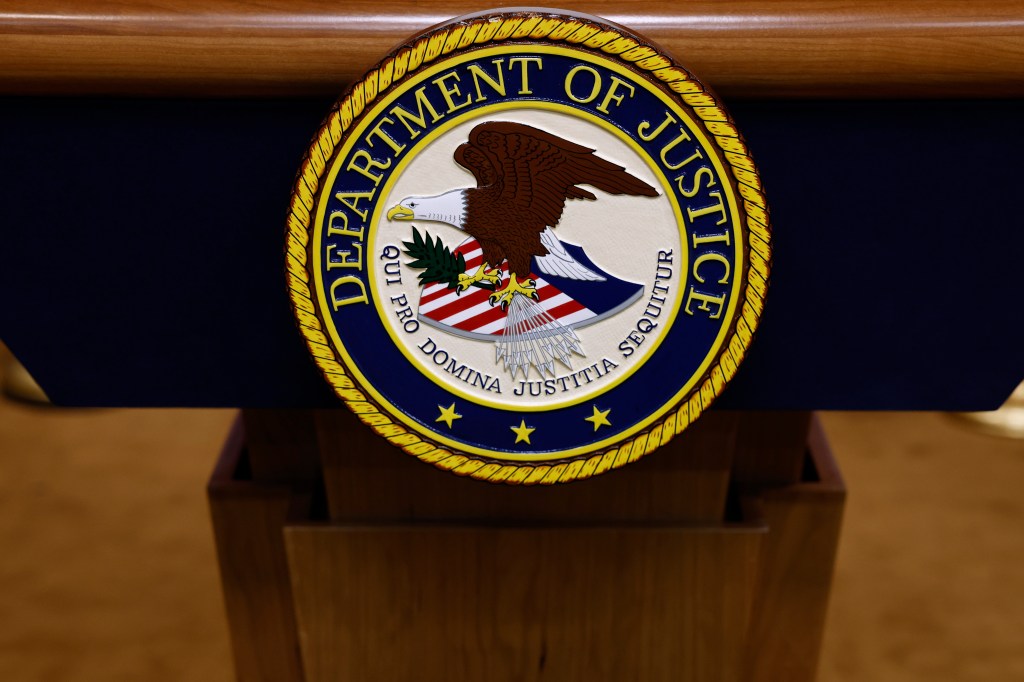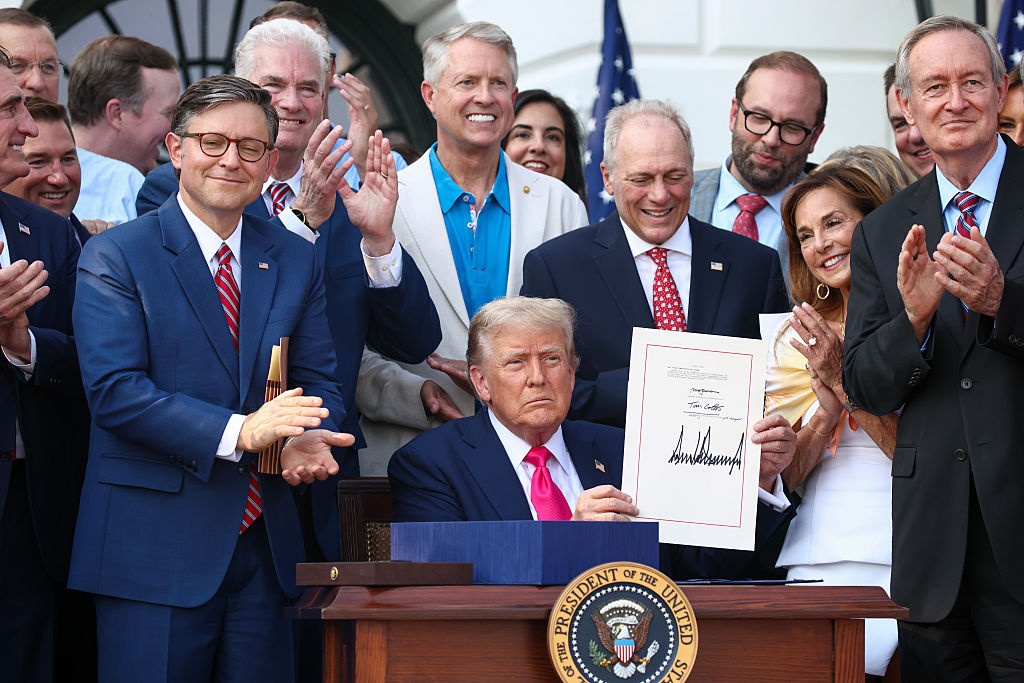In a dramatic 51-50 vote marked by partisan division and procedural brinkmanship, the US Senate passed President Trump’s sweeping domestic policy bill, featuring over $1 trillion in Medicaid cuts, surpassing even the $800 billion reduction approved by the House.
Vice President JD Vance broke the tie after three Republicans defected, citing
Register for free to keep reading
To continue reading this article and unlock full access to GRIP, register now. You’ll enjoy free access to all content until our subscription service launches in early 2026.
- Unlimited access to industry insights
- Stay on top of key rules and regulatory changes with our Rules Navigator
- Ad-free experience with no distractions
- Regular podcasts from trusted external experts
- Fresh compliance and regulatory content every day













